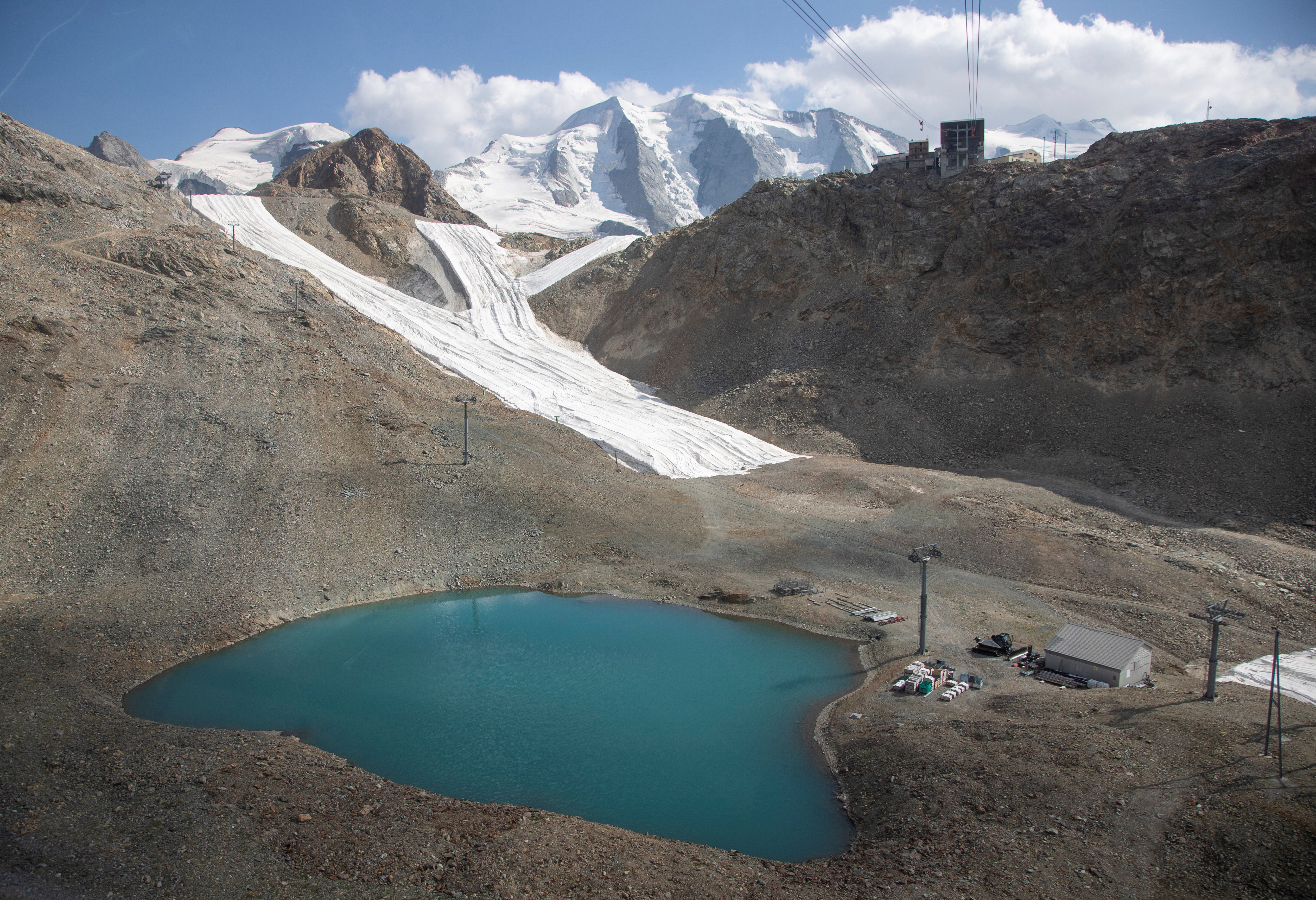By JOSHUA HOLZER
Tuesday (July 26) marks the 135th anniversary of the creation of Esperanto, the language of peace.
It's creator, L. L. Zamenhof, was a doctor from Białystok, which was then part of the Russian Empire but is today part of Poland.
At the time, Białystok was a multiethnic city comprised of large numbers of Russians, Poles, Germans, and Yiddish-speaking Jews. Each community spoke a different language, and relations between each of the communities were fraught.
Having grown up in this environment, Zamenhof dedicated his life to designing a language that he hoped could promote peace among peoples. The aim was not to replace anyone's native language. Rather, Esperanto would serve as a universal second language to help facilitate intercultural communication.
For his efforts, Zamenhof received 14 Nobel Peace Prize nominations.
After his death, the Universal Esperanto Association continued his work. Based in the Netherlands, this organisation has members in 120 countries, and it has received more than 100 Nobel Peace Prize nominations in recognition of its "contribution to world peace by permitting people in different countries to enter direct relations without linguistic barriers."
In 1954 the United Nations Educational, Scientific and Cultural Organization (UNESCO), which "seeks to build peace through international cooperation," passed a resolution recognising "the results attained by Esperanto in the field of international intellectual relations and the rapprochement of the peoples of the world."
In 1985, UNESCO passed another resolution to further reiterate "the great potential of Esperanto for international understanding and communication among peoples of different nationalities."
Over the years, Esperanto has been associated with a wide array of individuals from diverse walks of life.
Supporters include: proponents of peace, such as Alfred Hermann Fried, the co-winner of the 1911 Nobel Peace Prize, and Lord Robert Cecil, the winner of the 1937 Nobel Peace Prize; politicians such as Willem Drees, a former prime minister of the Netherlands, as well as Franz Jonas and Heinz Fischer, both of whom were former presidents of Austria; and communist revolutionaries such as Ho Chi Minh, Mao Zedong, and Josip Tito.
Esperanto speakers can be found on every continent, including Antarctica. It is one of only 40 languages — and the only constructed language — that one can take a Common European Framework of Reference (CEFR) exam. To learn Esperanto, there are many free resources available online including Duolingo, lernu!, and Google Translate.
Esperanto also has its own edition of Wikipedia. There are currently more articles written in Esperanto than articles written Bulgarian, Croatian, Danish, Estonian, Greek, Irish, Latvian, Lithuanian, Slovakian, and Slovenian — all of which are official languages of the EU.
Language of peace?
Now, 135 years after Eastern Europe gave the world Esperanto, a language intended to promote peace, Eastern Europe has unfortunately found itself being torn apart by a conflict that — ironically — was at least partially instigated by language politics.
Bullets and bombs are often the tools of battle, but only diplomacy can definitively end a war -- and diplomacy requires language.
When Russia and Ukraine eventually sit down to negotiate peace, in which language should the treaty be written?
Ukrainian? Why would Russia agree to have a treaty written in a language that they regard as a mere dialect of Russian?
Russian? For Ukrainians fighting to preserve a unique and distinct cultural community, such an outcome would look a lot like defeat.
Given the EU's support of Ukraine, Russia would likely also be opposed to having a treaty written in any of the bloc's 24 official languages.
Similarly, given China's stance towards Russia, Ukraine would likely be opposed to a treaty written in Chinese.
The problem is: nearly all languages would be biased in one way or another.
Esperanto, on the other hand, is the national language of no country. Esperanto is neither pro-Russian nor pro-Ukrainian. Rather, Esperanto is a neutral, international language intended to help people bridge their divides.
Notably, both Chinese Radio International and Vatican Radio broadcast regularly in Esperanto. The People's Republic of China and the Holy See don't agree on much, but they both believe in the neutrality and internationality of Esperanto -- which is why it would make a great language for a peace treaty.
Given that Putin initiated his "special military operation" against Ukraine in order to allegedly "demilitarise and denazify" the country, it seems that it would be fitting to have the eventual peace treaty written in a language dedicated to peace, and which happens to have been created by a Jew whose family was killed by Nazis.
AUTHOR BIO
Joshua Holzer is an assistant professor of political science at Westminster College in Fulton, Missouri. He is a former US Army analyst and studied Chinese at the Defense Language Institute.












